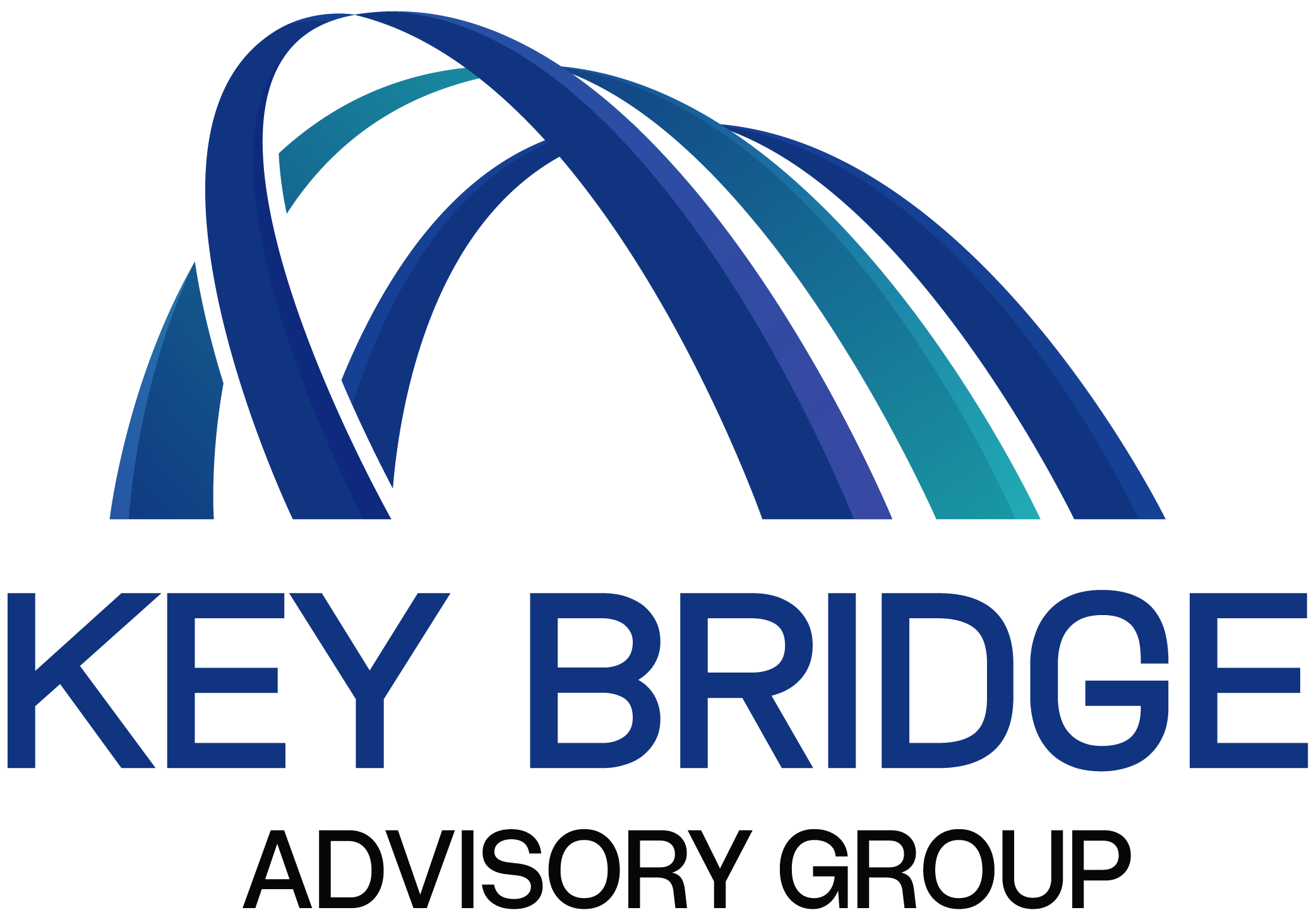One field that is especially affected by economic uncertainty is corporate finance. Companies must now navigate volatile markets, changing interest rates, and intermittent consumer behaviors with a proactive and adaptive approach to protect their financial position.
This guide delves into strategies and insights to navigate such uncertainties effectively, particularly emphasizing the role of corporate finance advisory services in mitigating risks and unlocking opportunities.
Understanding Economic Uncertainty in Corporate Finance

There can be many sources of economic uncertainty including geopolitical events, market volatility, regulatory change, or natural disasters. They affect a company’s ability to project cash flows, raise capital, and make decisions. Corporate finance features some of the most unpredictable components of this volatility, including the capital structure, investment decisions, and resource allocation.
Key challenges include:
- Liquidity Constraints: Accessing and managing funds becomes harder during periods of uncertainty.
- Investment Decisions: Unclear economic forecasts complicate the evaluation of investment opportunities.
- Debt Management: Rising interest rates can increase borrowing costs, affecting capital structure decisions.
- Market Volatility: Fluctuations in currency, commodities, and stock prices can erode profit margins.
Strategies to Manage Economic Uncertainty
To address these challenges, businesses must implement robust strategies, combining financial planning with expert guidance from corporate finance advisory professionals.
1. Scenario Planning
Develop multiple financial scenarios based on potential economic outcomes. Scenario planning helps businesses understand best-case, worst-case, and moderate scenarios, allowing them to prepare contingency plans for each.
Actionable Tips:
- Use historical data and current market trends to build realistic models.
- Collaborate with corporate finance advisory firms to stress-test these scenarios.
2. Enhance Liquidity Management
Liquidity is the lifeblood of any organization, especially during uncertain times. Companies should focus on maintaining an optimal balance between liquid assets and liabilities. Recent data indicates that nonfinancial companies in the S&P 500 held $3.61 trillion in cash and equivalents by the end of 2023, reflecting a strategic emphasis on liquidity.
Actionable Tips:
- Reassess cash flow cycles and reduce unnecessary expenditures.
- Diversify funding sources to avoid over-reliance on any one lender or market.
- Explore credit lines and financing options through corporate finance advisory services.
3. Strengthen Risk Management
Implementing a comprehensive risk management framework is essential for identifying and mitigating potential threats to financial stability.
Actionable Tips:
- Hedge against currency and interest rate fluctuations using financial instruments.
- Regularly review operational and strategic risks with input from advisors.
- Monitor regulatory changes to ensure compliance and avoid penalties.
4. Optimize Capital Structure
A well-balanced capital structure reduces the cost of capital and ensures resilience during downturns.
Actionable Tips:
- Evaluate the proportion of debt versus equity in your financing.
- Restructure high-cost debt to improve financial flexibility.
- Seek insights from corporate finance advisory firms to align the capital structure with market conditions.
In the context of navigating economic uncertainty in corporate finance, achieving this balance ensures a company’s ability to adapt and thrive despite market challenges.
5. Invest in Technology and Data Analytics
Economic uncertainty underscores the importance of accurate and real-time data for decision-making.
Actionable Tips:
- Use financial modeling software and predictive analytics to anticipate market trends.
- Leverage cloud-based tools for better financial reporting and monitoring.
- Partner with advisors who have access to advanced analytics platforms.
6. Focus on Core Competencies
Reevaluating business priorities during uncertain periods ensures resources are allocated efficiently to the most critical operations.
Actionable Tips:
- Divest from underperforming or non-core assets.
- Reinforce competitive advantages by channeling investments into high-return areas.
- Seek guidance on strategic decisions from corporate finance advisory experts.
The Role of Corporate Finance Advisory

Corporate finance advisory plays a major role in helping businesses navigate economic uncertainty by offering specialized knowledge, market insights, and tailored solutions. These services assist companies in:
- Strategic Planning: Crafting robust financial strategies aligned with current market conditions.
- Debt Restructuring: Aligning a better deal to manage liabilities effectively
- Capital Raising: Identifying and securing the best financing options.
- Valuation Services: Determining the true value of an asset, merger, or acquisition to prevent overpayment or underselling.
When companies partner with experienced advisors, they gain access to resources and expertise, which improves decision-making and enhances resilience.
Looking Ahead: Building Resilience
Economic uncertainty is inevitable, but it doesn’t have to derail your corporate finance objectives. By adopting proactive strategies and leveraging the expertise of corporate finance advisory services, businesses can build resilience and position themselves for sustainable growth to navigate Economic uncertainty in corporate finance
The key is to stay agile, continuously assess risks and opportunities, and prioritize informed decision-making. The adage goes, “Amid the chaos, there is also opportunity.” With the right approach, navigating economic uncertainty can become a stepping stone to long-term success.
